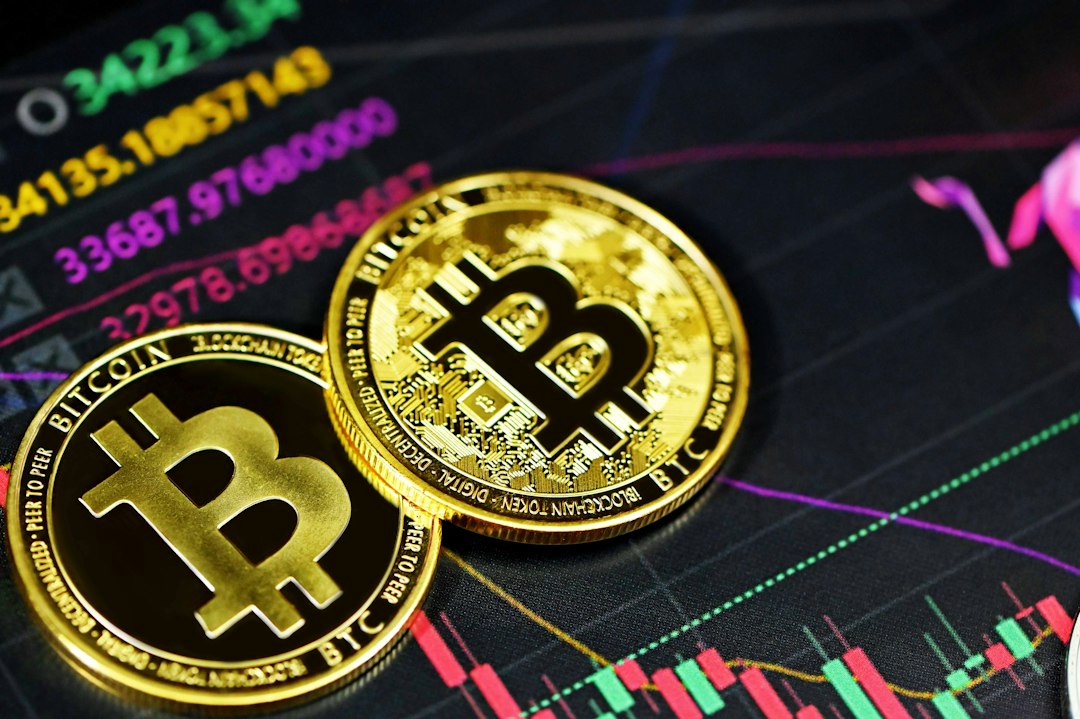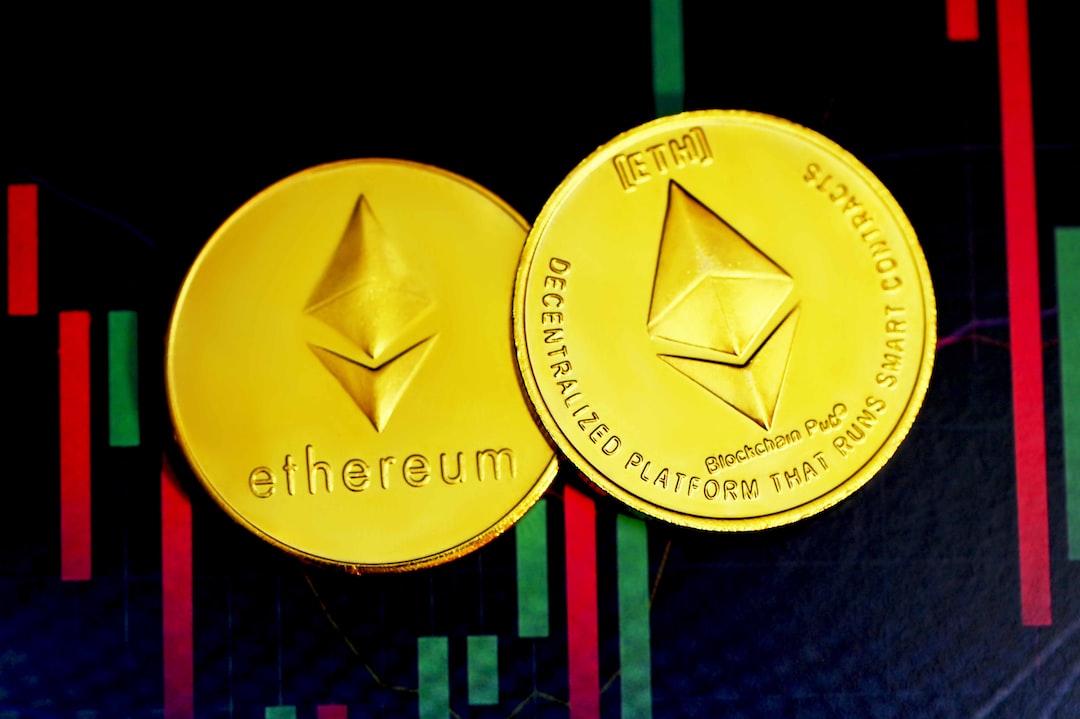Ukraine’s AI Roadmap: Balancing Business and Ethics
The Ukrainian government has developed an artificial intelligence (AI) roadmap to guide businesses in self-regulation. The aim is to help companies adopt an ethical framework that considers both corporate interests and customer protection. Ukraine’s Prime Minister for Innovation, Education, Development, Science and Technology, Mykhailo Fedorov, emphasized the need for responsible AI rules to advance national defense capabilities.
An Approach Led by Businesses
A forthcoming white paper will provide guidance on the approach, timing, and stages of regulatory implementation. Companies will be encouraged to agree on a set of voluntary codes of conduct. The government does not intend to regulate the AI market but seeks to strike a balance between business interests and safeguarding citizens from AI risks.
Contributions from various stakeholders, including businesses, scientists, and educators from the AI Expert Committee at the Ministry of Digital Transformation, have shaped the roadmap. Its finalization is contingent upon the European Union passing its own AI Act.
Ukraine’s Unique Position
Although Ukraine is not a member of the EU or NATO, it has sought membership in both organizations. However, the European Commission has called for reforms in media, judiciary, and anti-corruption laws before considering Ukraine for EU membership.
In the meantime, Ukraine’s digital transformation ministry has utilized technology to counter Russian troops. It has raised funds through non-fungible tokens (NFTs) and provided crypto wallet addresses for donations.
The Threat of Deepfakes
Ukraine’s AI roadmap is being developed amidst concerns about “deepfakes” as military and financial weapons. Deepfakes refer to fabricated content created by AI deep-learning algorithms. In January, a video featuring Ukraine President Volodymyr Zelenskyy was revealed to be a deepfake.
The European Union’s draft laws require companies like OpenAI to disclose AI-generated content and the sources used to combat disinformation. The use of deepfakes also has immediate implications for victims of the recent Hamas attack on Israel, as these technologies can create fake videos to manipulate public perception.
Hot Take: Striking a Balance in AI Regulation
Ukraine’s AI roadmap demonstrates its commitment to finding a middle ground between business interests and protecting citizens from AI risks. By encouraging self-regulation and voluntary codes of conduct, Ukraine aims to advance its national defense capabilities responsibly. The roadmap’s development coincides with global concerns about deepfakes as tools of manipulation in conflict situations. As technology evolves, it becomes crucial for governments and businesses to address the ethical challenges posed by AI.





 By
By
 By
By
 By
By
 By
By

 By
By